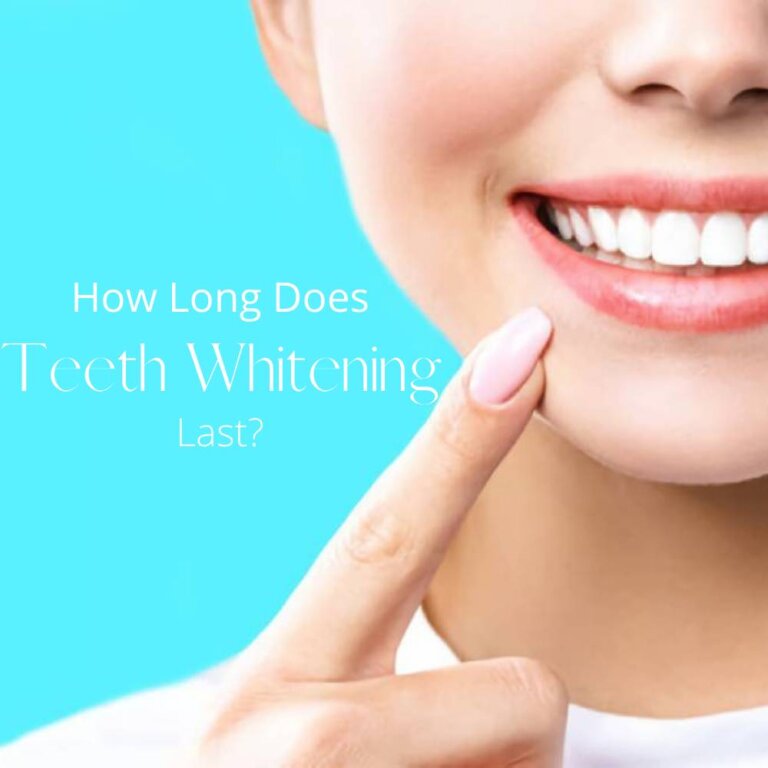The Role of NMN in Anti-Aging and Longevity
Nicotinamide mononucleotide (NMN) has emerged as a focal point in the scientific community’s quest to understand and mitigate the effects of aging. This compound found naturally in small amounts in various foods, plays a crucial role in the biological processes that fuel energy production and cellular repair.
As we age, the body’s ability to synthesize NMN declines, correlating with a decrease in vitality and an increase in age-related diseases. This connection has spurred extensive research into NMN as a potential anti-aging intervention, with studies aiming to unravel its mechanisms and therapeutic potential.
The Science of NMN and NAD+ Production
NMN’s role in anti-aging primarily revolves around its function as a precursor to nicotinamide adenine dinucleotide (NAD+), a vital molecule that powers metabolic processes, including the conversion of food into energy, DNA repair, and cell signaling.
As organisms age, NAD+ levels significantly decrease, leading to a reduction in these critical cellular functions and the onset of age-related health issues. Supplementation with NMN has been shown to effectively boost NAD+ levels in the body, potentially counteracting the natural decline and promoting healthier aging.
Research on NMN supplementation in mice has demonstrated promising results, including improved energy metabolism, enhanced physical activity, and a reduction in age-associated weight gain.
These findings have fueled optimism about NMN’s ability to mimic these effects in humans, thereby delaying the onset of age-related metabolic disorders and extending one’s health span.
NMN’s Impact on DNA Repair and Cellular Health

One of the most compelling aspects of NMN’s potential is its impact on DNA repair and cellular health. Age-related declines in cellular repair mechanisms lead to the accumulation of DNA damage, contributing to the aging process and the development of diseases such as cancer.
NMN’s role in boosting NAD+ levels is crucial for activating enzymes involved in DNA repair and maintenance, suggesting that NMN supplementation could enhance the body’s natural repair processes and mitigate some of the cellular aspects of aging.
Studies have also highlighted NMN’s ability to improve mitochondrial function, the energy powerhouses of the cell. Mitochondrial dysfunction is a hallmark of aging and is associated with a decline in energy production and increased oxidative stress.
By enhancing mitochondrial function, NMN not only supports energy production but also reduces cellular damage caused by oxidative stress, potentially slowing the aging process.
Enhancing Longevity and Physical Performance
NMN’s influence extends beyond cellular health, showing promise in enhancing longevity and physical performance. In animal models, NMN supplementation has been linked to increased lifespan and improved endurance, suggesting that it could help maintain physical fitness and functionality with age.
These effects are believed to be partly due to NMN’s ability to enhance energy metabolism and mitochondrial function, providing cells with the energy required for optimal performance.
Human studies are still in the early stages, but preliminary results suggest that NMN can improve vascular health and muscle endurance, pointing towards its potential to promote a more active and healthy lifespan.
These findings underscore the importance of NMN in not only extending lifespan but also improving the quality of life by enhancing physical capabilities.
NMN in Diet and Supplementation: Practical Considerations

While NMN is found in various NMN-rich foods such as avocados, broccoli, and cucumbers, the amounts are too small to significantly impact NAD+ levels in the body. This limitation has led to the development of NMN supplements, aiming to provide a direct and efficient way to boost NAD+ levels.
However, the efficacy and safety of long-term NMN supplementation in humans are still under investigation, with ongoing clinical trials aimed at determining optimal dosages and potential side effects.
The growing interest in NMN supplements underscores the importance of quality and purity in these products. As the market expands, consumers must be cautious and informed, opting for supplements that have undergone rigorous testing and are backed by scientific research.
Conclusion: The Future of NMN in Promoting Healthy Aging
NMN stands at the frontier of anti-aging research, offering promising insights into how we might not only extend lifespan but also improve the quality of those extra years. Its ability to boost NAD+ levels, enhance cellular repair mechanisms, and improve energy metabolism underscores its potential as a key player in the fight against aging.
While more research is needed to fully understand its benefits and safety in humans, NMN represents a significant step forward in our quest to age gracefully and healthily. As we continue to explore the frontiers of longevity, NMN offers a glimpse into a future where aging is not just slowed but accompanied by vigor and vitality.






